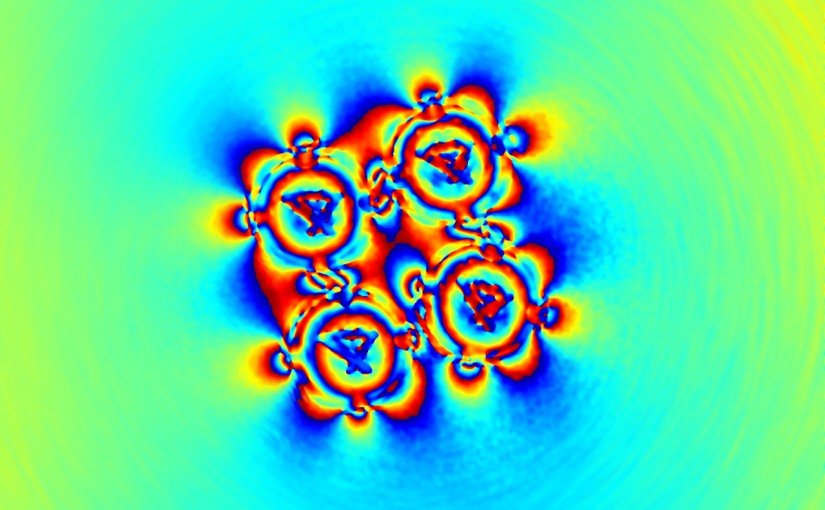It has been a while since the last time I published, but finally here it is. It is open access, so everyone can download it.
The article is written from the perspective of science, the development of ideas and realization of them. However, there is an equally important perspective, the one from technology. It is about what the techniques are that made the study possible, and more importantly, at the design phase of the experiments, what available technology to use to realize the scientific ideas. The first question is a technical one and is a boring one if you are not part of the research community. The second one is more generic, and the answers are video and 3D technology.
The first thread of technology development is video. Images are great, but videos are even better. Youtube is only 12 years old, and Vimeo 13 years old, even though they seem to have been there since the beginning of time. Their popularity means a large pool of professional tools to acquire, store, analyze, and compose videos. It sounded trivial, but recording and analyzing videos are the enabling methods to study spatiotemporal patterns. To put it differently, we chose to study spatiotemporal patterns because the technology for studying them is ready.
The second thread is 3D. 3D modelling software used to be the tools of only professional architects, animation designers, and product engineers, and requires significant training to use them. Now with 3D printers becoming more and more readily available, modelling software becomes cheaper and easier to use, so people start to make their own things. For researchers like me, it means using parametric design capability of these software to create models with precise specifications.
In a book on Bell labs, the author said something like this: in technology, being early is not necessarily different from being wrong. I think it is true. There are certain study that can only be done once the technologies for it are ready.
